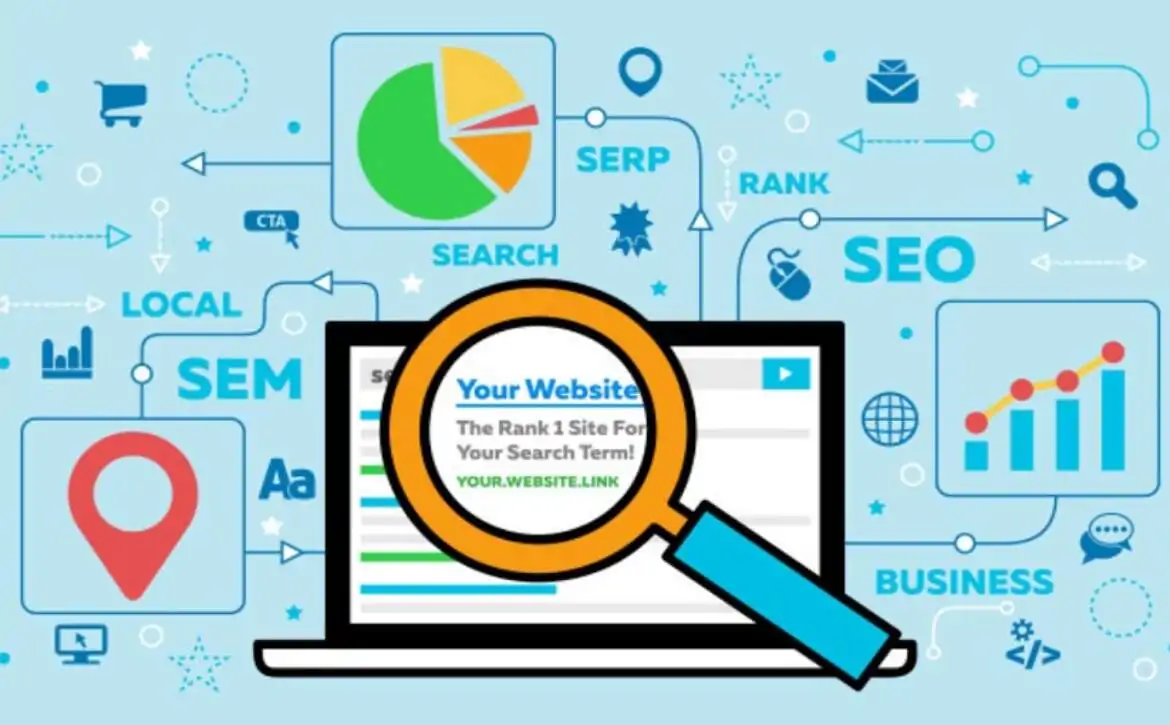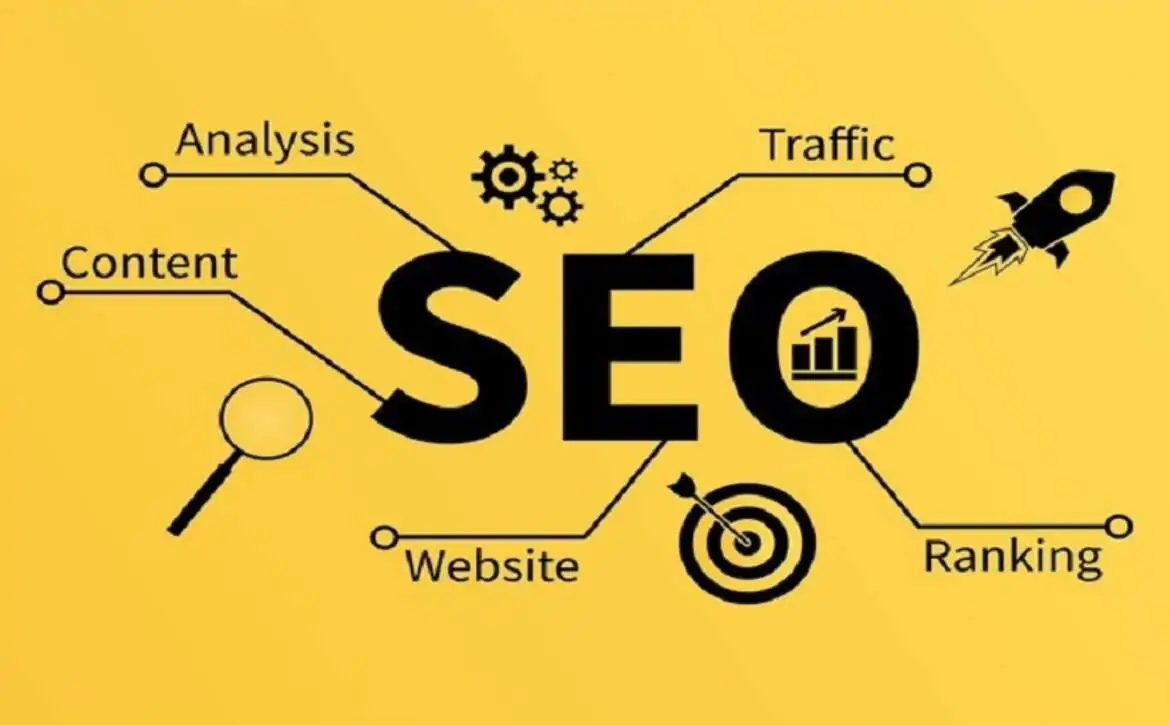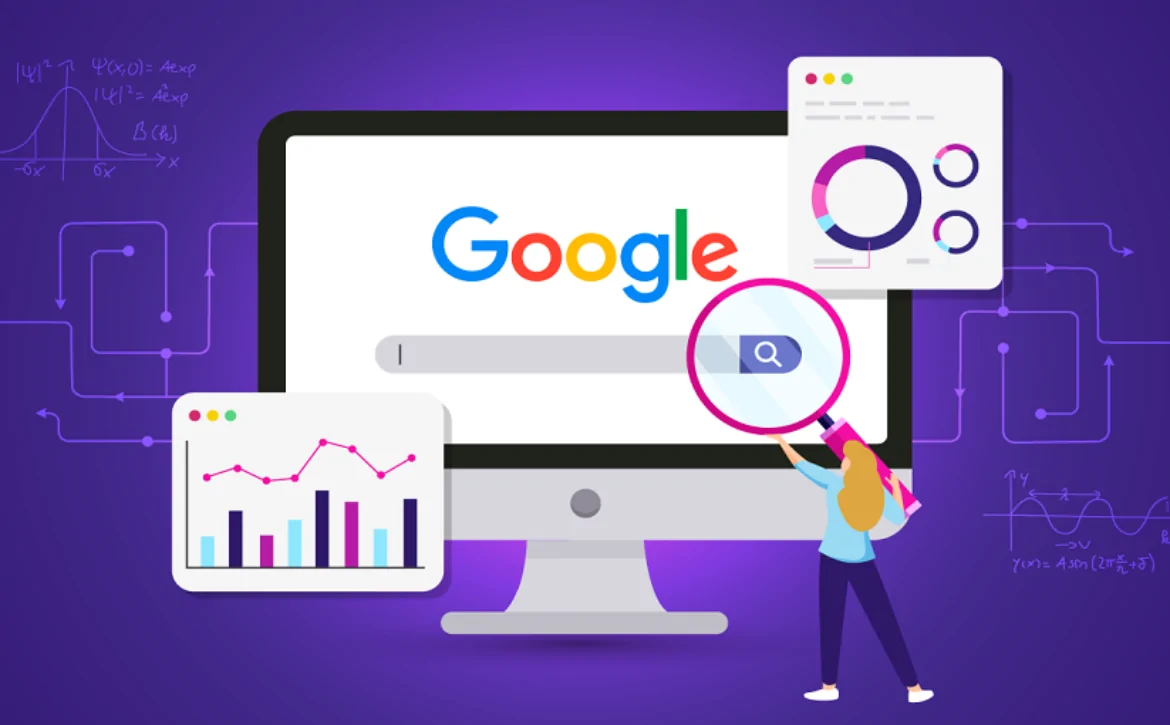Search Engine Optimization Myths You Need to Stop Believing
If you have ever searched online for ways to grow your website traffic, you have probably come across the term Search Engine Optimization strategy. It sounds fancy, it sounds technical, and sometimes it feels like it belongs only to people who have years of experience in digital marketing. The truth is SEO is simply the art and science of making your website more visible to people who are looking for what you offer. The problem is that SEO comes with more myths than facts. If you have ever read an outdated blog post or taken advice from someone who heard something from a friend of a friend, you might already be carrying false beliefs about how SEO really works. These myths are not only confusing but can also harm your progress.
Imagine putting energy into the wrong strategy or wasting time chasing shortcuts that no longer work. That is what happens when myths control your approach. It is about creating value, using the right SEO strategy, and making sure your content actually helps the audience. Just like any other part of digital marketing, it evolves with time. What worked five years ago may not work today, and what feels easy might actually be the very reason your website is not ranking. So let us pull back the curtain and bust some of the most common SEO myths that you need to stop believing. You will see how the right understanding can transform your results and make your online journey much smoother.
Search Engine Optimization Example: Myth 1, Keywords Stuffing Still Works
There was a time when sprinkling a keyword fifty times on a single page could push it to the top of search results. That time is long gone. Today, search engines are smarter. They want natural, readable content. A good SEO example is writing a blog post where the keyword appears naturally in the title, a few subheadings, and in the body without disturbing the flow. Quality and relevance win every time.
Myth 2, SEO is a One Time Task
Many people think you can apply a few tweaks and never touch it again. SEO is not a one time checklist. It is an ongoing journey. A lasting SEO strategy means updating your content, fixing broken links, refreshing old articles, and keeping up with trends.
Myth 3, Paid Ads Replace SEO
Search engine optimization in digital marketing is often compared with paid ads. SEO builds long term organic growth. The best approach is to combine both, but never assume one cancels out the other.
Myth 4, SEO Tools Alone Guarantee Success
There are amazing search engine optimization tools that help analyze performance, track rankings, and suggest improvements. But tools cannot replace creativity or strategy. Think of tools as a map. They show you where you are, but you still need to walk the road yourself. The winning formula is using tools while also focusing on user intent and valuable content.
Myth 5, Link Building is Dead
Some people say link building no longer matters. What has changed is how you earn them. Spammy tactics will hurt you, but building relationships, creating shareable content, and offering genuine value will still attract trustworthy links.
Myth 6, SEO is Too Complicated for Beginners
Another common myth is that you need to be a coding genius to understand SEO. While technical aspects exist, there are plenty of beginner friendly resources. A well designed Search Engine Optimization course can break it down step by step. You can also find a free search engine optimization pdf or guide online to practice simple techniques. With patience and consistency, anyone can learn.
Myth 7, More Content Automatically Means Better Rankings
Quantity without quality is useless. Publishing ten thin articles will not outperform one in depth, valuable piece. A strong SEO strategy is about offering solutions that answer real questions. Think of the last time you searched for something online. Did you prefer the shallow article or the one that gave clear, detailed insights?
Myth 8, Social Media Directly Boosts SEO Rankings
Despite the power of social media, likes and shares don’t immediately raise your search engine ranks. What they do is drive traffic, build brand awareness, and encourage backlinks. This indirect influence still makes social media a valuable partner for your SEO, but do not confuse it with a direct ranking factor.
In the end, believing in myths can make SEO feel like chasing shadows. Once you strip away the noise, you realize that Search Engine Optimization is less about tricks and more about building genuine value. Use SEO tools as helpers, learn from a SEO course or guide, and practice by looking at any clear SEO example online. Remember that SEO in digital marketing is an evolving field, so stay curious and adaptable. The next time someone tells you that keyword stuffing or shortcuts can give you instant rankings, you will know better. The truth is, SEO is about patience, strategy, and understanding people. If you focus on that, search engines will reward you in ways no myth ever could.






